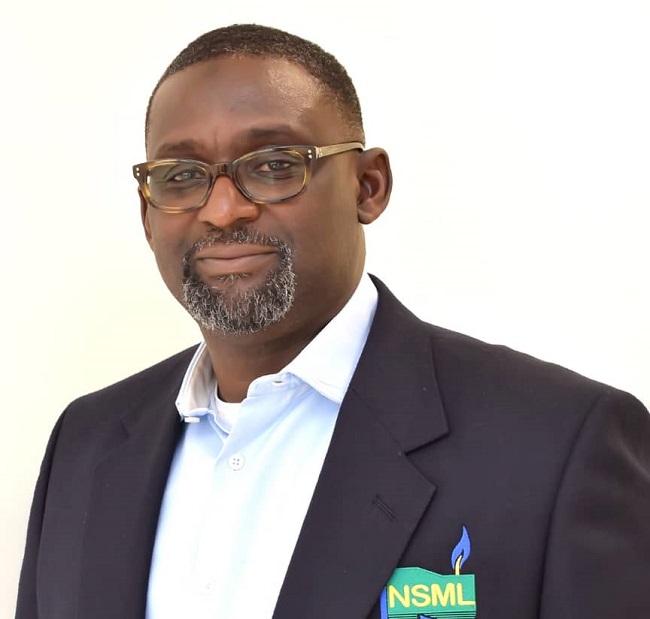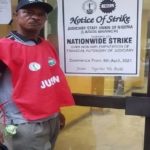THE NLNG Ship Management Limited (NSML), the shipping arm of the Nigeria Liquefied Natural Gas (NLNG) has revealed that Flag State conditions is a major reason why Nigerian seafarers with local certification don’t get employed onboard vessels owned by the company.
Addressing maritime journalists in Lagos recently, Managing Director/Ceo of NSML, Abdul-Kadir Ahmed explained that conditions attached to flagging of vessels is a major reason why seafarers with certification from Nigerian maritime institutions don’t get employed by the NLNG.
According to the NSML boss, “That Nigerian seafarers are not employed on NLNG vessels is down to Flag State regulations. As at today, NSML is the largest employer of Nigerian seafarers. What does this mean? This implies that about 85 percent of our crew onboard our vessels are Nigerians. If we are marginalizing Nigerians, we won’t get that number of Nigerian seafarers onboard our vessels.
“When this allegation was made about NLNG marginalizing seafarers with Nigerian certificates, it was made because some seafarers who graduated from a Nigerian maritime institution were not employed by the NLNG.
“Our vessels are internationally flagged and are sea-going vessels. The Flag State will specify the kind of certifications that the crew onboard those vessels will have. The destination where that cargo is also being delivered will also verify the kind of certification that the crew onboard these vessels should have before the vessel will be accepted to deliver the cargo at such destination.
“The essence of a flag is to ensure that vessels flagged under a particular Flag State meet international standards. For a flag, you must have a structure, a system, and a policy that guides you in place for continuous monitoring and audit assurance. So, if a vessel flagged under Nigerian flag goes anywhere, as long as the standards are maintained, it can be received globally.
“So, getting our certificates accepted internationally is a work in progress. The development of an industry should not be the responsibility of a single entity but a collective responsibility.”
On the Maritime Centre Of Excellence (MCOE), Abdul-Kadir Ahmed explained that the facility provides an advanced training in seafaring profession.
“What maritime institutions in Nigeria give to seafarers is the basic learning of the profession. Maritime institutions like the Maritime Academy of Nigeria (MAN) and others teach the foundational courses for seafaring. What the MCOE provides is that step forward in the profession.
“The people that we attract at the MCOE are those that have already acquired their certificates of proficiency and competency, and are now seafarers but need additional skills to upgrade their skill level to manage and operate vessels internationally.
“The MCOE is open to everybody who is interested in seafaring. Cost wise, they say everything that is good cost money. We have had a number of institutions who have provided sponsorship for seafarers to come and study at our MCOE. NIMASA and some State government have sponsored students to the MCOE in recent past,” the NSML Boss added.
YOU SHOULD NOT MISS THESE HEADLINES FROM NIGERIAN TRIBUNE
We Have Not Had Water Supply In Months ― Abeokuta Residents
In spite of the huge investment in the water sector by the government and international organisations, water scarcity has grown to become a perennial nightmare for residents of Abeokuta, the Ogun State capital. This report x-rays the lives and experiences of residents in getting clean, potable and affordable water amidst the surge of COVID-19 cases in the state.






